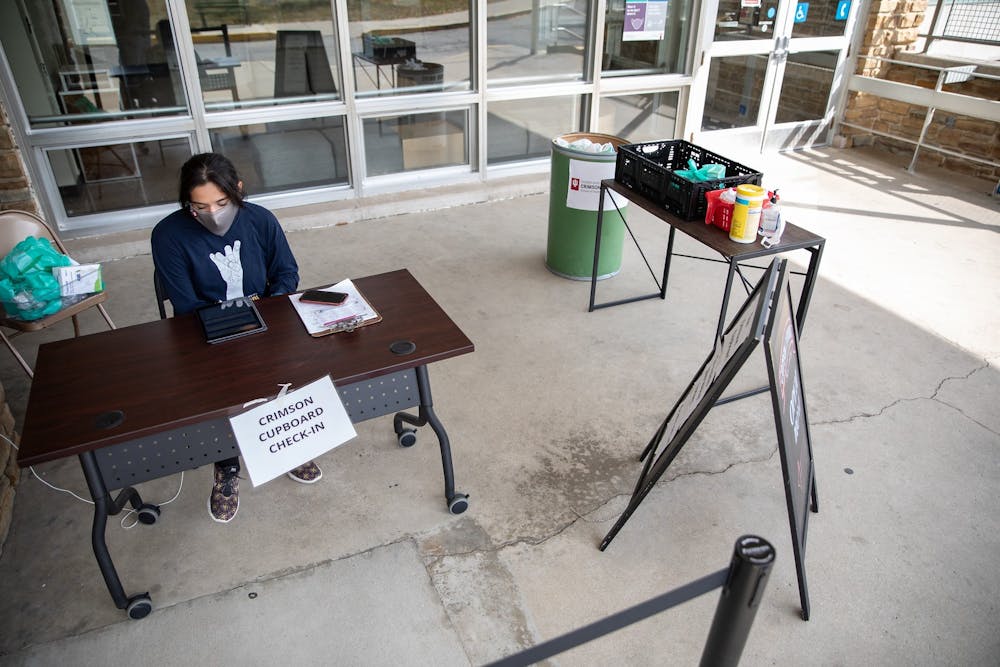Seven IU on-campus groups joined forces over the summer in the Emergency Meal Project to offer free meals for students facing food insecurity. The program provided up to 100 meals per day for five days each week, said Carl Ipsen, director of the IU Food Institute.
The EMP ended as the fall semester began and IU Dining, the main producer of the emergency meals, resumed its operations. This leaves few on-campus free meal programs in full operation this semester
“The reason that the Emergency Meal Program worked is that the IU Dining chefs had the time to do it, because their normal clientele had left,” Ipsen said. “But once the semester began, they started working again, and in some ways they are working harder than normal.”
Financial constraints also limited the longevity of the project, Ipsen said. He said he reached out to alumni through the Food Institute to ask for cash donations to pay for the food, but there was not a constant stream of funds.
“It seemed the right thing at the moment,” he said. “But everything was going to have to change once things reopen, and I just didn’t see how it would work in the long term.”
Food organization Campus Kitchen at IU and IU’s food pantry Crimson Cupboard both participated in the EMP. Both have modified operations since the semester began due to health guidelines.
Campus Kitchen is a student-run organization founded at the beginning of the 2019-20 school year aimed at reducing food waste and food insecurity, according to its Facebook page. Before the pandemic began, it held free weekly community meals by reheating leftover food from IU Catering, said Cally Wilken, student coordinator of the organization.
Olga Kalentzidou, faculty advisor for Campus Kitchen, said because of campus dining and social distancing protocols, the community meal events could no longer take place. Furthermore, their food source, IU Catering, is not producing as much food as before the pandemic given the reduction of in-person events on campus.
Wilken said earlier this semester they had tried to arrange student pickups of fresh produce from IU Campus Farm, but few students utilized the service because of the lack of student presence in Bloomington and on campus.
In response, the organization has recently shifted its operations to receiving fresh produce from IU Campus Farm and donating them to Crimson Cupboard, which has also had to adapt to IU’s health regulations by changing its distribution and operation processes.
Brandon Shurr, assistant director of the IU Student Involvement and Leadership Center, said Crimson Cupboard only hands out prepackaged bags of food this semester, rather than allowing students to browse grocery items on the pantry shelves. It is also operating without volunteers due to IU’s COVID-19 protocols.
Looking ahead to the upcoming winter intersession in which all courses switch to 100% online instruction, Ipsen said there might be another meal project like the EMP , but there has to be enough financial support. Both he and Rahul Shrivastav, executive director of IU Dining, said there are no plans yet for a winter emergency meal project.
Meanwhile, Wilken said she hopes Campus Kitchen resumes its normal operations as soon as possible.
“When we have the food resources available, plus the go-ahead from the university, we have every intention to return to our old model, because that is where we are most effective,” she said.



